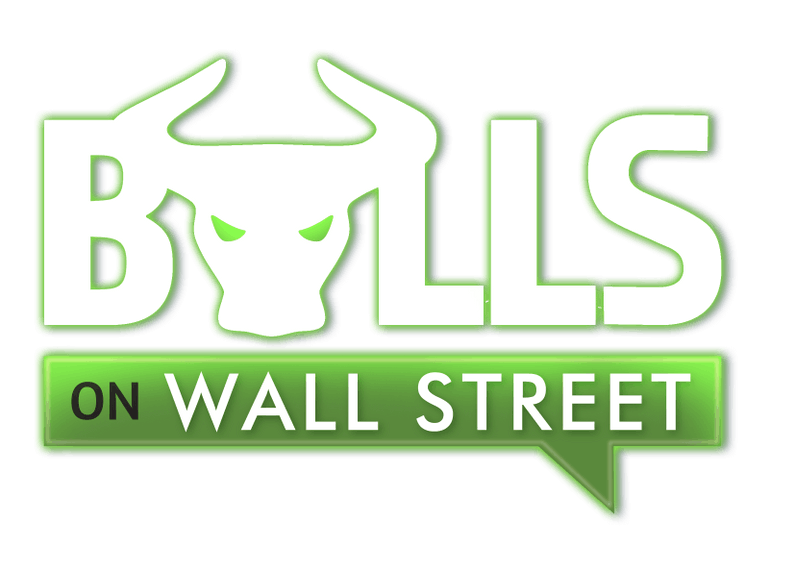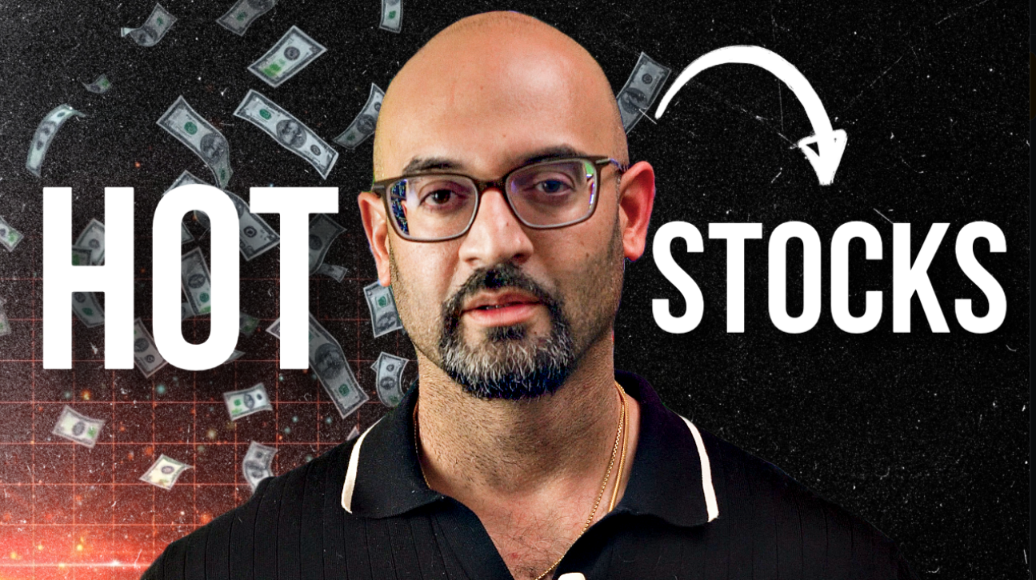
Broker inquiries are some of the most common questions we get. It is one of the most important decisions you’ll make in your trading career. There are so many brokers out there with so many features, it can become quite overwhelming.
There is no best broker that is the best for all traders. Depending on your trading style, one broker may be more suited to your needs and wants than others. In order to chose the best broker for yourself, you must know your trading style. Let’s start by discussing the different types of brokers, and what you need to consider when choosing a broker.
Types of Brokers
Online Brokers
Also known as direct access brokers, they are the best option for the average retail trader. TD Ameritrade and Interactive Brokers are an example of online brokers. They have much better commission deals compared to full-service brokers, offering per-trade and per-share commission structures. They have the most tools and indicators for day traders, and offer direct-access platforms with point and click executions, meaning you can make your trades yourself. The amount of features online broker platform has will vary. We will discuss in an article later this week comparing the pros and cons of major online brokers.
Full-Service Brokers
Full-service brokers offer the widest range of financial services. They are usually for high net worth individuals, and they offer the largest assortment of diversified financial services, including asset management, financial planning, and sometimes banking services. Most of these brokers do offer online access and trading functions, they tend charge higher commissions and have their own set of market makers they route to. They do have extensive investment banking and research departments, and have their own analyst recommendations for stocks and other financial assets. For the average retailer looking to day trade, this is not the best option, as they tend to focus on serving long term investors.
Commission Structure
New traders get way too caught up in the commission structure of a broker. Unfortunately, they are an unavoidable cost of your trading business. Commissions do not make a difference in your ability to be profitable or not, so do not pick a broker just because it has the cheapest commissions.
Brokers have varying commission structures in addition to different costs. Pay attention to the commission structure of a broker, and see if the structure is suitable to your style of trading. There are two main types of commission structures: per-trade commission, and per-share commission.
Per-Trade vs Per-Share
Per-trade commission is a flat fee you pay every time you make a trade. If you are an active day trader that scales in and out of their positions (meaning you and buy and sell portions of your position), paying $9.99 per trade gets expensive when you have 10 entries and exits per trade. The per-trade commission structure is more suitable for swing traders and longer term investors.
Per-share pricing is more ideal for day traders like me who scale their positions. Some brokers will also have a commission structure where your per-share rate will get cheaper the greater your monthly trading volume is.
Short Locates
Having a broker with a strong shortlist will be crucial for traders in the upcoming months/years. As we start to enter downtrending market conditions, the need to short sell will become greater for the average retail trader to survive. Brokers ability to have short locates is key to being able to participate in some of the biggest movers in the stock market.
Some brokers have a very limited short list, and make getting borrows of shares for stocks you want to short very difficult. If short selling is a big part of your trading strategy, make sure to thoroughly research the short lists’ of all the brokers you are considering. Stockbrokers.com is a great resource for researching brokers and their short lists.
Platform Features
A lot of the time the more expensive online brokers will have more expensive trading commissions because they have a more extensive trading platform. The best brokers for day trading will have desktop, browser, and mobile platforms, have charting and level 2 with live quotes, great execution speed, and a variety of indicators. All of these features are essential for a day trader. Some platforms will also have a trading simulator, which is great for refining your trading skills without risking your hard earned capital. Pay close attention to the trading platform features of the brokers you consider.
[rf_contest contest=’12888′]


